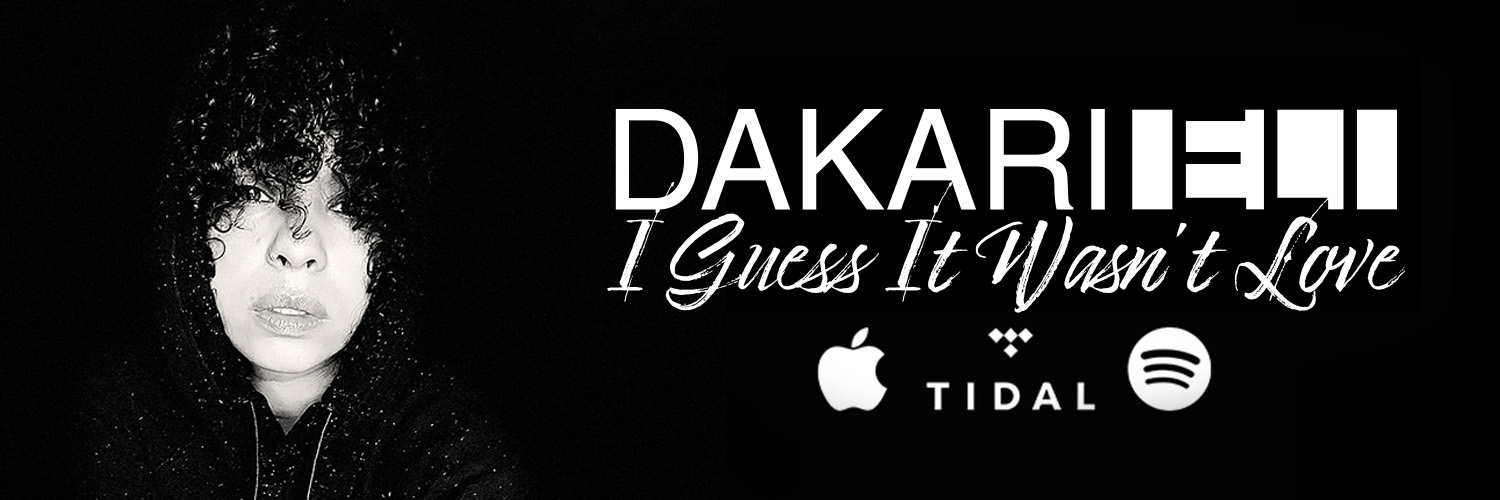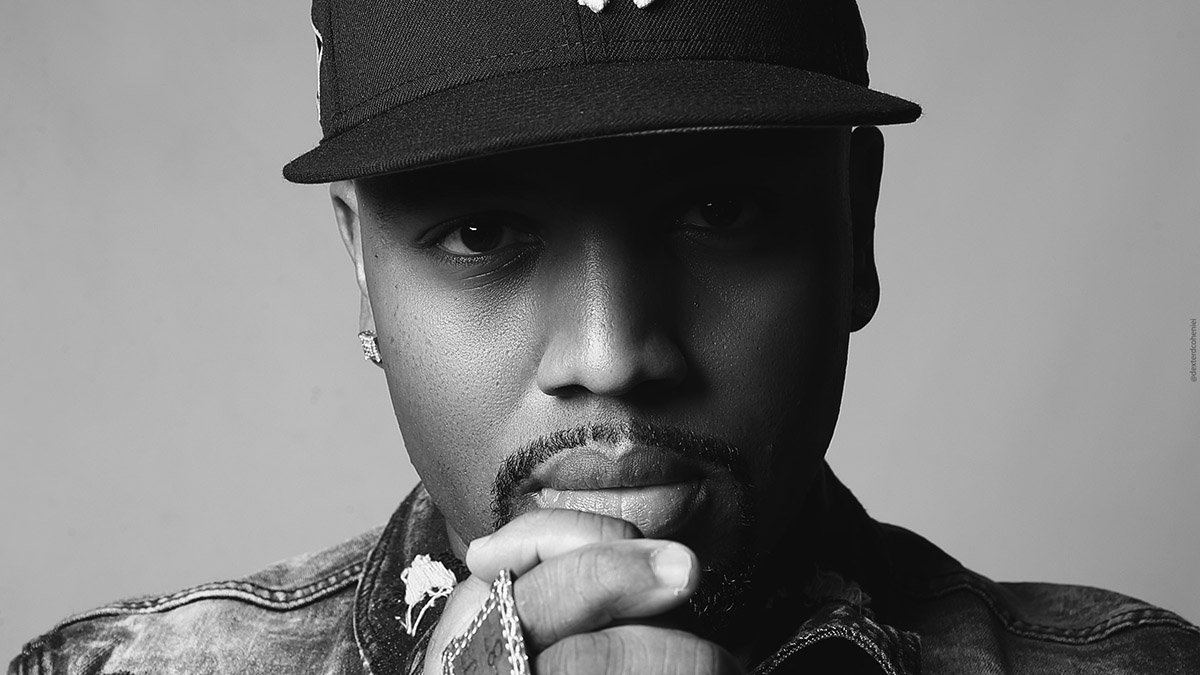J.R.Clark combines creative genius in wordplay and musicality with a level of business savvy that is rare in most of today’s acts. Focusing on making timeless music, his efforts have garnered the respect of hip-hop fans and entertainment execs alike. More than an artist, he’s a businessman and CEO of Vintage Sound Entertainment, Inc.
Name some of the Artists who have inspired or influenced you?
Artists that inspired my music style would be Rick Ross, Curren$y, Nipsey Hussle, T.I., and J. Cole. They all make music that does not sound time-stamped, and the feel is always natural and organic; meaning, they do not try to keep up with the trends of what is popping in the streets or the night clubs. All of the artists I mentioned drop gems and motivational quotes to help me stay motivated as an independent artist and CEO of Vintage Sound Entertainment. I look at their musical career and mimic their professional blueprint in terms of creating content that represents me as an artist and my lifestyle, and at the same rate music that will stand the test of time of longevity, which is my ultimate goal as a hip-hop artist.
How does your new project differentiate from your previous work?
When Muzik Was Good, the album is not too different sonically from my last project 4Eva Chill But Lit. However, I would say when I recorded “Burning Up the Bag” and “Money Marathon,” I knew it was a different sound for me and it would be a great introductory into a different lane. To be precise, both songs have that mainstream hip-hop sound that could be played on the radio. I would say my goal with this album was to step into the commercial light with my music because most of the music I make is catered to the underground rap scene but I want to take my fans to a new level of stardom.
You draw inspiration from several great hip-hop acts including Rick Ross, J. Cole, and Nipsey Hussle. What was their commonality as far as impact on your career?
My fans always tell me that the production I rap over has that Maybach Music feel mixed with some J. Cole and Nipsey Hussle rap style delivery. And it’s cool because at least they compared me to the pioneers of real hip-hop music. This is true because when I pick beats, I always look for production that sounds musical, beats that feel good to my soul, and beats that allow me to express myself as I paint a clear picture of what I’m going through at the moment or how I’m feeling. For illustration, when I released the official video to “The 757,” the whole internet was saying that it had that Rick Ross vibe when he did Carol City. It allowed people to see the gritty streets of Newport News and Virginia Beach.
Do you feel pressure to release music to coincide with current trends?
At this point in my six-year marathon, I do not feel pressured to try and recreate the sound of today. When you try to ride another artist’s wave, I feel it is not genuine and time will reveal those falsehoods. In this day and age, I feel being original is a lost art and comes in rare form, but real music always cuts through the noise and the social media hype with time. On another note, the industry is changing at a rapid pace with large amounts of music being uploaded to various streaming platforms. But as an artist, I pride myself in focusing on making quality music over a quantity of music that’s easily disposable. I like for my music to grow on my fans and others with time. My music is not a rushed process for me.
How do you describe your approach to songwriting?
Most of the time, I write with no beat; it is silent in my home studio. Once I have the words written down, I go to YouTube and listen to beats for like weeks and weeks to come because I am very selective of what I want to put my words to. Secondly, when I find and hear a beat I am married to on YouTube, I stalk the producer down on social email or via email and buy the tracked out WAV files for better mixing and mastering during the recording and post-production phase. To recap, I have to create a vibe and I have to feel it because if I don’t feel it I will not go down the path of trying to experiment with something that is questionable to my musical approach.
Your music has garnered a lot of attention over the years, what would you say has been the key to your success?
Staying true to what I like to do musically and artistically as a rapper, and understanding my goals and visions in the long-run. That means turning a blind eye and a deaf ear to social trends because a lot of music I see going viral online is short-lived and has a small window to prevail. Fast-forward a few months or years later, that song or act that went viral is barely mentioned. Therefore, I try to devote my energy and efforts to creating original musical content that helps me stand out amongst upcoming rappers and even artists that are signed to major record labels.
Having successfully built your own independent label, are there specific things you would want in a partnership with a major?
I’m actually speaking to a few record label executives about doing a joint venture for my next album which is 80% complete. What I’m looking for in a partnership with a major label is to have a robust contract that is beneficial to both parties in the long term both monetarily and amicably; moreover, to have the label backing with fluent marketing, tour support, and press campaigns.
A lot of artists change their styles to keep up with music trends. How do you remain consistent while keeping your music fresh and current?
Change is always good for artists in any genre because it shows growth and maturity. My approach to remaining consistent and current is taking my time to live life and not rush my process. To clarify, I allow myself to have moments and experiences in life to write and record about. I just don’t put music out every month to keep up with a certain wave because I don’t make fast-food music for passive listeners. But when I come out with a new project, it carries fans over until the next one. Everything I put out has to feel and look right for public consumption. That way people will take my art form seriously when they see me dedicated and deeply invested in your craft.
Share with us the most important lesson you have learned since you started your journey.
Over the years, I learned that the hip-hop industry is 10% music and 90% business. I try to ensure that the business aspect of the music is taken care of first and foremost, and everything is well planned out with a real foreseeable outcome. For illustration, when I recorded the album When Muzik Was Good in March of 2020 during the wake of the COVID-19, and it took me three months to record, mix, and master. Once I was finished with the behind the scenes portion of the project, I took a few months to plan video shoots and marketing strategies for the year of 2021 when I planned to release the album. In conclusion, the most important part of my journey is understanding the music business and treating my brand Vintage Sound Entertainment, Inc as an established corporation.
What can our readers expect from you in the immediate future?
As mentioned earlier, I have a new album in the making for 2022, The Motivational Type, and I am seeking to release it with a major record label. In the future, I am stepping into different waters in terms of production, visuals, and marketing, but nothing too left field or different from the music I have out now. It’s just a higher quality with having a machine behind your brand. With that being said, check out my latest album available now on all streaming platforms, When Muzik Was Good, and the official video to “Burning Up the Bag.”






